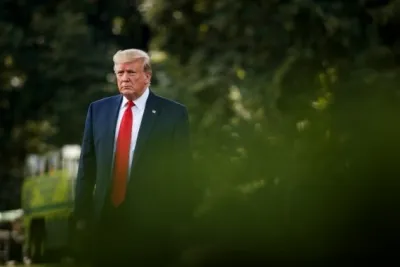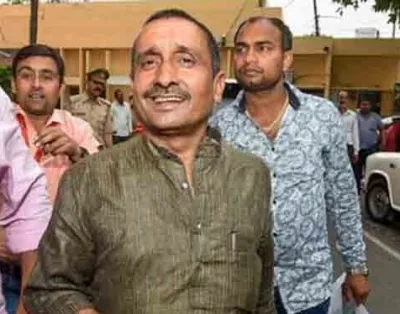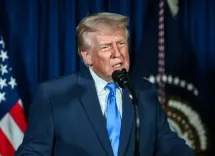What Are the 'Stunning Failures' by the Secret Service in the Trump Assassination Attempt?

Synopsis
Key Takeaways
- Significant failures by the Secret Service in protecting President Trump during a rally.
- Multiple requests for additional security resources were denied.
- Inquiry highlights a lack of coordination with local law enforcement.
- Accountability measures have not been enforced.
- Need for comprehensive reforms in presidential security protocols.
Washington, July 14 (NationPress) - The US Senate has unveiled a harsh report that outlines the findings from its inquiry into the assassination attempt on President Donald Trump during a campaign rally last year, emphasizing what it refers to as “stunning failures” in the operations and readiness of the United States Secret Service. This incident has been deemed a significant breach in presidential security.
US Senator Rand Paul, Chairman of the Senate Homeland Security and Governmental Affairs Committee (HSGAC), released the Committee’s final report on Sunday, addressing what can only be categorized as stunning failures by the United States Secret Service (USSS), which permitted then-former President Donald Trump to be shot on July 13, 2024, during an assassination attempt in Butler, Pennsylvania.
Per the report, on July 13, 2024, a gunman ascended to the roof of the American Glass Research building adjacent to the Butler Farm Show rally and opened fire, injuring four individuals, including President Trump, and tragically resulting in the death of firefighter Corey Comperatore. It was noted that the shooter had been flagged as suspicious and was reported to the Secret Service at least 25 minutes prior to the attack.
In the aftermath of the assault, the US Senate Committee on Homeland Security and Governmental Affairs (the Committee) along with the US Senate Permanent Subcommittee on Investigations (PSI) initiated a joint bipartisan inquiry.
“The events in Butler, Pennsylvania, were not merely a tragedy—it was a scandal. The United States Secret Service failed to respond to credible intelligence, neglected to coordinate with local law enforcement, and failed to avert an attack that nearly claimed the life of a then-former president,” stated Chairman Paul.
“In light of these failures, no one has been dismissed. We have only learned of the minimal disciplinary actions due to my issuance of a subpoena. This is unacceptable. This was not an isolated lapse in judgment; it was a total collapse of security at every level—driven by bureaucratic apathy, a lack of clear protocols, and a shocking unwillingness to respond to direct threats. We must ensure accountability and implement comprehensive reforms to prevent a recurrence,” he added.
The Committee report indicated that the USSS rejected numerous requests for additional personnel, assets, and resources to safeguard President Trump during the campaign.
“Documents from the USSS provided to the Committee reveal that USSS Headquarters denied or did not fulfill at least 10 requests from the Donald Trump Division (DTD) for extra resources during the 2024 campaign, including enhanced counter-unmanned aerial system (C-UAS) capabilities and counter-sniper teams,” the report noted.
Furthermore, the report underscored that “this was not a singular error; it was a series of preventable failures that nearly cost President Trump his life.”










